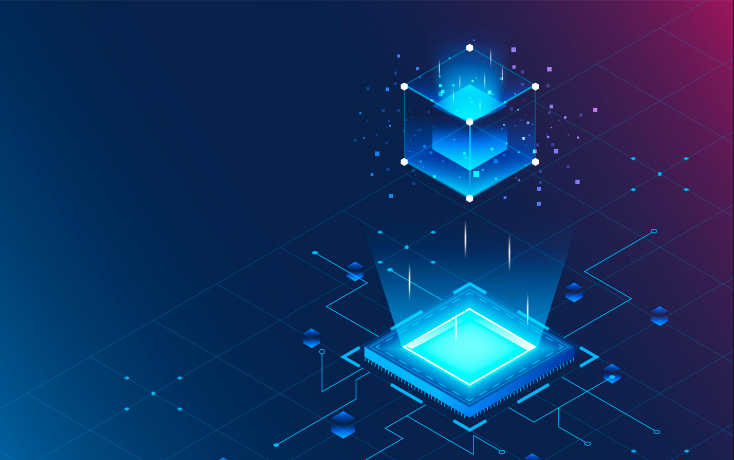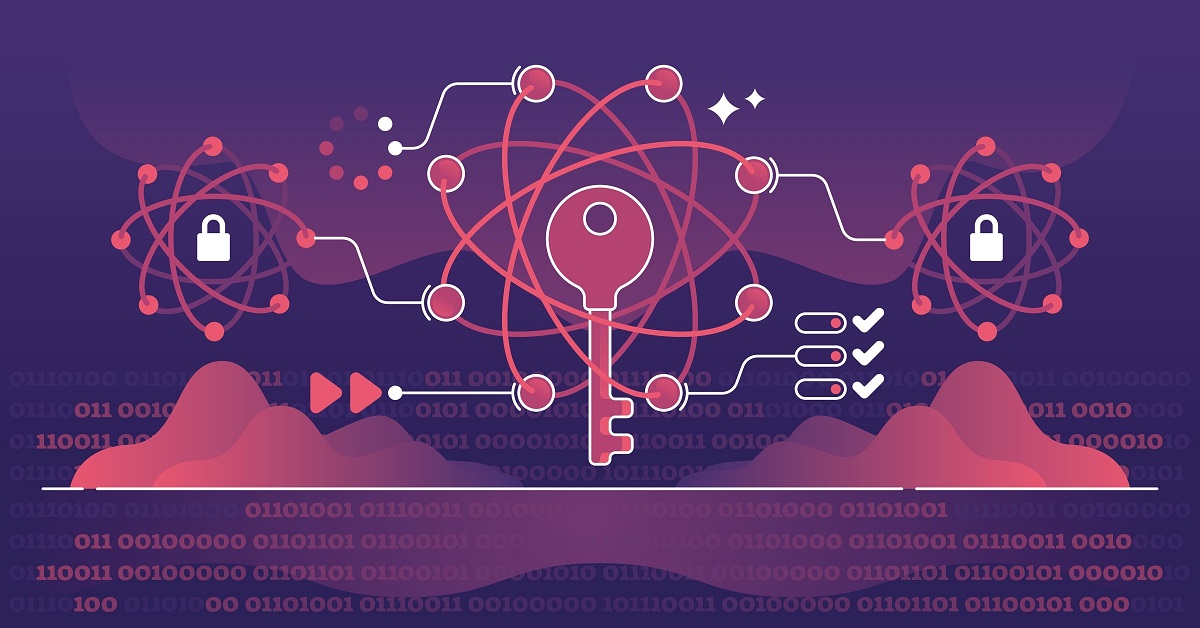Description
Introduction of Quantum Machine Learning
Quantum Machine Learning (QML) explores the intersection of quantum computing and machine learning, aiming to leverage quantum algorithms to enhance data analysis and model training. This training program offers a comprehensive dive into QML, covering the foundational theories, quantum-enhanced algorithms, and practical applications. Participants will gain insights into how quantum computing can address challenges in classical machine learning and explore cutting-edge techniques that may transform the field.
Prerequisites
- Basic Understanding of Quantum Computing: Familiarity with basic quantum concepts such as qubits, quantum gates, and superposition.
- Machine Learning Fundamentals: Knowledge of core machine learning techniques, algorithms, and data preprocessing.
- Mathematical Foundation: Proficiency in linear algebra, probability theory, and statistics.
- Programming Skills: Experience with programming languages like Python and libraries for ML (e.g., scikit-learn) and quantum computing (e.g., Qiskit, TensorFlow Quantum).
Table of Contents
1: Introduction
- Overview of QML
- The Convergence of QML
- Fundamental Concepts in QML
2: Quantum Computing Basics for ML
- Quantum States and Operators(Ref: Advanced Quantum Computing: Theory & Applications)
- Quantum Circuits and Algorithms
- Quantum Data Encoding and State Preparation
3: Quantum Algorithms for ML
- Quantum Data Processing Techniques
- Quantum-enhanced Algorithms (e.g., Quantum Support Vector Machines, Quantum Neural Networks)
- Quantum Algorithms for Optimization in ML
4: Quantum Neural Networks and QML Models
- Introduction to Quantum Neural Networks (QNNs)
- Architecture and Training of Quantum Neural Networks
- Comparing Classical Neural Networks and QNNs
5: Hybrid Quantum-Classical Models
- Overview of Hybrid Quantum-Classical Approaches
- Quantum Approximate Optimization Algorithm (QAOA) and Variational Quantum Eigensolver (VQE)
- Applications and Benefits of Hybrid Models
6: Practical Implementation
- Introduction to QML Frameworks (e.g., TensorFlow Quantum, PennyLane)
- Coding QML Models
- Hands-On Lab: Implementing a QML Algorithm
7: Applications and Case Studies
- Quantum Machine Learning Applications in Data Analysis
- Case Studies of QML in Industry (e.g., drug discovery, finance, optimization)
- Real-World Examples and Current Research
8: Challenges and Future Directions
- Current Challenges in QML
- Future Trends and Emerging Research Areas
- Ethical Considerations and Practical Implications
9: Hands-On Lab and Project Work
- Practical Exercises and Simulations
- Group Project: Developing a QML Model for a Specific Application
- Presentation and Review of Group Projects
Conclusion
- Recap of Key Learnings
- Discussion of Ongoing Research and Future Opportunities
- Resources for Further Study and Development in QML
This outline should help guide participants through the complexities of QML, from foundational concepts to advanced applications.







Reviews
There are no reviews yet.